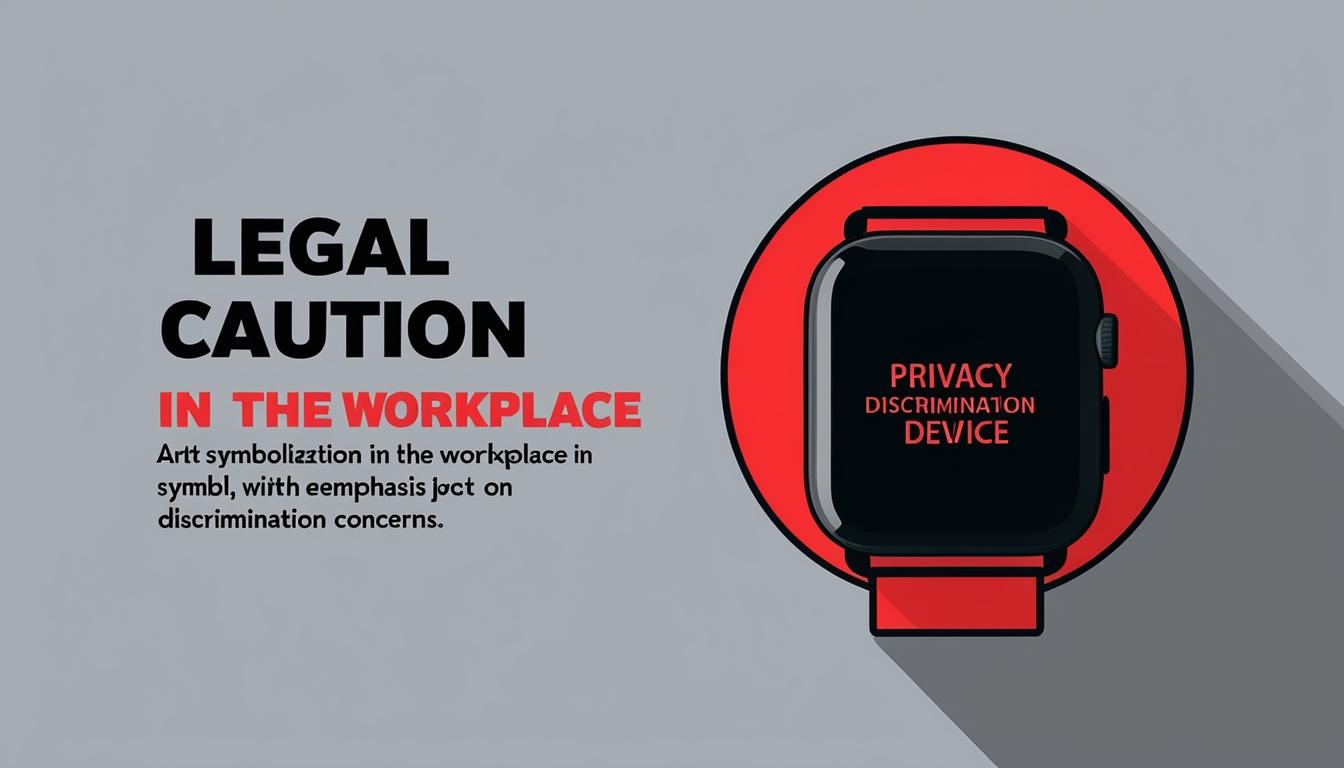The Equal Employment Opportunity Commission (EEOC) has released a guidance document addressing the implications of wearable technology in the workplace, suggesting that employers must approach the integration of these devices with caution. With devices ranging from smart watches and rings to GPS trackers and exoskeletons becoming commonplace, the EEOC has highlighted potential legal risks associated with data collection and employment discrimination laws. This advisory was released on December 19 and serves as an essential resource for employers.
Firstly, it is crucial for employers to understand that wearable devices could be more than mere fitness trackers. According to the EEOC, "Wearables that gather information about an employee’s physical or mental condition, such as heart rate or fatigue levels, may be considered a medical examination or a disability-related inquiry under the Americans with Disabilities Act (ADA)." Employers must only conduct such inquiries when they are job-related and necessary for business operations. Consequently, employers are advised to review their wearable device policies, ensuring compliance with ADA requirements and limiting health-related data collection to what is essential for job performance and safety.
Confidentiality of medical data is another significant consideration. Employers are instructed to treat any medical or disability-related information obtained through wearables as confidential. This data must be stored separately from regular personnel files to protect employee privacy. As part of their compliance efforts, employers should implement secure data storage practices, limiting access to authorized personnel only and examining existing privacy policies.
A further concern raised by the EEOC is the potential for bias when using wearable data for employment decisions. The guidance cautions, "The EEOC guidance notes that using wearable data to make employment decisions – such as firing an employee based on health metrics or fatigue levels – can lead to discrimination claims." It is emphasised that using wearable data as the sole basis for such decisions is fraught with risk, particularly when the data can vary in accuracy among different demographic groups. Employers are encouraged to conduct regular audits to identify and mitigate biases inherent in data collection and application.
Additionally, the EEOC points out that employers may need to provide reasonable accommodations if employees object to wearing these devices for medical, religious, or pregnancy-related reasons. Employers are advised to establish processes for employees to request such accommodations and provide proper training for supervisors to address these requests appropriately.
Employers should also be wary of selective monitoring, which could lead to discrimination claims. Disparate treatment of employees concerning the requirement of wearable devices — particularly along the lines of protected characteristics such as age or national origin — could expose employers to legal liabilities. To mitigate this risk, the EEOC suggests that employers apply wearable policies consistently across their workforce and avoid using wearables as instruments of retaliation.
Furthermore, the accuracy and potential bias of wearable devices warrant careful assessment. The EEOC's guidance underlines that not all wearable devices provide equally reliable data, particularly for diverse populations. Employers are encouraged to vet devices thoroughly before implementation, focusing on known accuracy issues across demographic groups and ensuring the validity of devices for all employees.
Finally, the EEOC notes the importance of understanding applicable privacy laws when collecting data from wearable devices. Employers must be aware of state and local regulations that may impose additional notice and consent requirements. These may include biometric information privacy statutes, workplace surveillance laws, and location tracking legislation. Employers are advised to ascertain where data will be stored and how it could potentially be used by third parties, ensuring compliance with privacy obligations.
Overall, the guidance from the EEOC serves as a crucial framework for employers considering the use of wearable technologies in the workplace, highlighting the legal complexities and responsibilities involved in their deployment.
Source: Noah Wire Services
